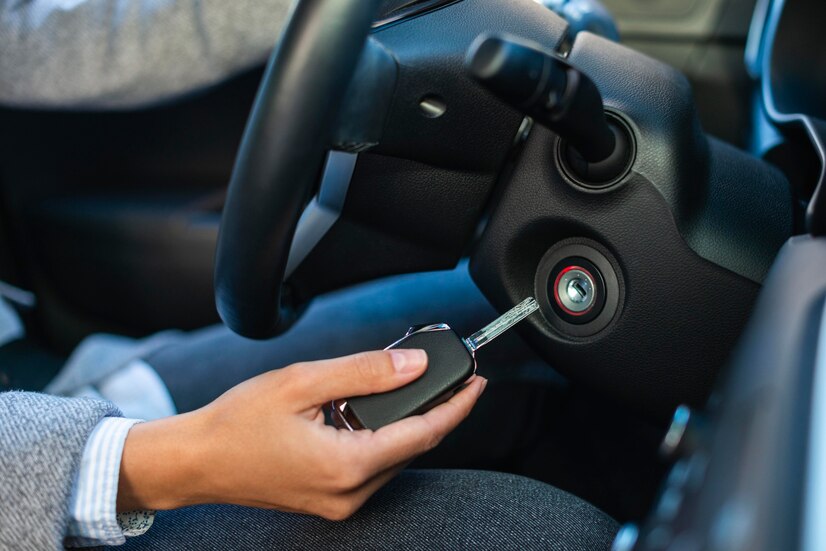As a vehicle owner, your reliance on the ignition system to start and maintain engine operation is crucial. If there are issues with your ignition system, it can lead to frustration and limit your ability to reach your destinations. Luckily, diagnosing issues with your vehicle's ignition system is more straightforward than it may appear. This article will guide you through the process of troubleshooting your car's ignition system.
Understanding Your Vehicle's Ignition System
Your vehicle's ignition system plays a critical role in initiating and maintaining engine operation. It comprises essential components such as the battery, starter, ignition switch, distributor, and spark plugs. When you turn the key in the ignition, it signals the starter to crank the engine. The starter rotates the engine, and the ignition system generates the spark that initiates combustion in the engine's cylinders by igniting the fuel and air mixture.
Common Ignition System Problems
Numerous typical issues with the ignition system can lead to difficulties starting your vehicle or affecting its performance. Among the most frequent issues is a depleted battery, which prevents your car from starting due to insufficient power. Additional common problems encompass a malfunctioning starter, faulty ignition switch, problematic distributor, and deteriorated spark plugs.
How To Troubleshoot Your Ignition System
If your vehicle’s ignition system is malfunctioning, you can troubleshoot the problem by following several steps.
- Begin by inspecting your battery to verify that it is fully charged and has adequate power to start your vehicle. Employ a multimeter to assess your battery's voltage and confirm that it aligns with the recommended specifications.
- Next, inspect your vehicle's starter to ensure it operates correctly. If you detect clicking or grinding sounds emanating from the starter, it may indicate possible impending failure. Use a multimeter to test the starter and ensure it is receiving sufficient voltage for optimal performance.
- Suppose your battery and starter are functioning correctly. In that case, the issue might stem from a defective ignition switch or a malfunctioning distributor. To diagnose the ignition switch, turn your key to the "on" position and observe if your dashboard lights activate. If they do not illuminate, it may indicate a potential issue with your ignition switch.
- Lastly, examine your spark plugs to ensure they are in optimal condition and not worn out. Utilize a spark plug tester to verify the presence of sparks and promptly replace any plugs that appear worn or damaged.
Preventing Ignition System Problems
Preventing issues with your ignition system is crucial for maintaining your vehicle's smooth operation. Regular upkeep includes activities such as checking your battery's voltage, replacing worn spark plugs, and examining your ignition system for signs of deterioration. It's equally important to arrange regular inspections with a qualified mechanic to determine and address potential concerns before they escalate. Routine maintenance by a local auto mechanic in Puyallup WA, ensures your vehicle is in top condition. Goods Automotive offers thorough inspections and maintenance services to keep your ignition system and other components functioning optimally.
Further Reading:
- Ensuring Your Vehicle's Well-Being Through Regular Oil Changes
- Mastering Car Suspension Systems: An In-Depth Guide
Conclusion: Trust Goods Automotive for Your Ignition System Needs
By applying these guidelines, you can effectively diagnose issues with your vehicle's ignition system and proactively avoid future problems. If you continue to experience difficulties with your ignition system, feel free to reach out to us for assistance. With our extensive expertise and experience, we can swiftly and effectively diagnose and resolve any issues affecting your ignition system. Choose Goods Automotive today to experience quality service and peace of mind.

